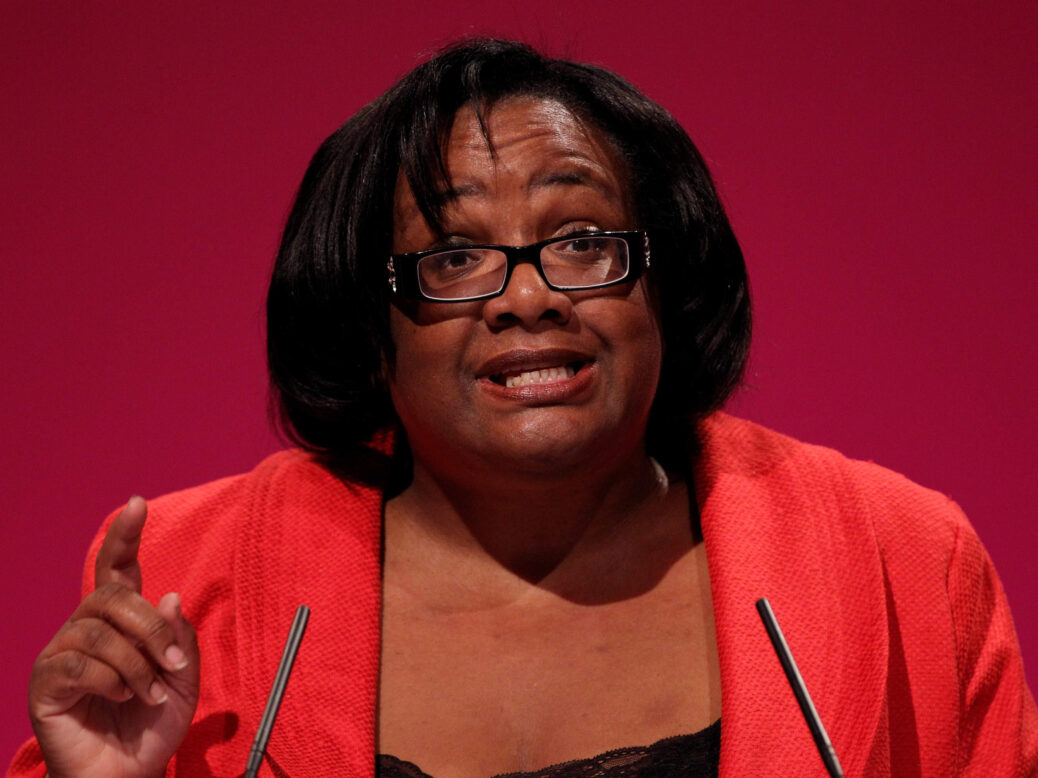
The Evening Standard is reporting a YouGov poll that shows Diane Abbott, Labour MP for Hackney North and Stoke Newington, to be the favourite contender for London Mayor in 2016 among the party’s supporters.
Dame Tessa Jowell, the veteran Labour frontbencher and MP for Dulwich and West Norwood, has so far been the favourite among those who say they intend to vote Labour in the 2015 general election, so this is a significant development for those jostling to be Labour’s mayoral candidate in 2016.
The survey found that 17 per cent of Labour supporters would back Abbott, whereas 14 per cent would go for Jowell, the first time the latter – who served as Olympics minister – has been overtaken in this kind of poll. However, she is still the favourite among general voters: 11 per cent compared to Abbott’s nine per cent.
But what chance does Abbott have?
The way that Labour’s mayoral candidate will be chosen is through a closed primary in 2015, where party members and people who register as a party supporter and pay a small fee can take part in the vote. This differs from their old system, which gave trade unions 50 per cent of the vote. It is also a different system to that which then-shadow defence secretary Jim Murphy proposed, in which any Londoner could have voted.
This means whoever is up in ordinary Labour voters’ estimation at the time is most likely to be chosen, rather than the parliamentary party having a great deal of influence. So, in theory, political manoeuvring among candidates matters less than pounding the pavements.
Around Westminster, I’ve heard Abbott criticised by both sides of the House. She was given a lot of stick when running for the Labour leadership in 2010. Lazy is a slight that is often thrown her way (I remember a fellow political journalist telling me they once went to interview her at her house and she emerged blearily in a nighty). By party loyalists she’s often felt to be too divisive and disloyal, approaching politics from quite a hardline leftwing perspective, and Tories can be derisive about her.
One Labour staffer who works on London issues tells me, “I can’t imagine Diane Abbott doing that well amongst the PLP, especially considering some of the candidates she is apparently going up against. Personally, I must say the thought of her in charge of London and a multi-billion pound budget to boot is a truly terrifying prospect.”
However, the fact that support for Abbott appears to have risen above that of more established candidates such as Jowell and serial frontbencher and current shadow justice secretary Sadiq Khan tells us what Labour voters want from their version of Boris. Someone who hasn’t been tainted by too many years on the frontbenches, and therefore speaks plainly and is not afraid to be outspoken against their party.
This is reinforced by Tottenham MP David Lammy, a figure in the Labour Party of a similar ilk to Abbott (though with different politics), being third most popular in the poll. It’s not so much about political leaning; it’s about supporting an outsider who’s more comfortable in their London constituency than around the shadow cabinet table.






